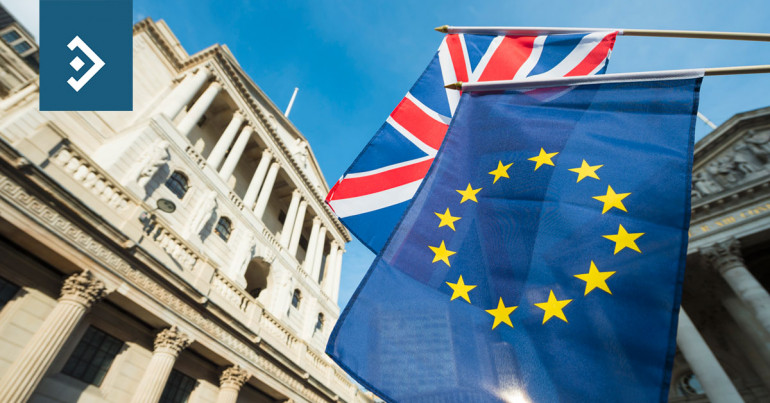
Trade and Brexit continue to dominate markets
Morning mid-market rates – The majors
September 17th: Highlights
- May continues to cling to Chequers
- Trump to implement new tariffs, China to boycott talks
- Eurozone inflation unlikely to bother ECB
More Brexit rumours “flood” UK press
These continued attacks by Johnson, clearly designed to keep the Prime Minister under pressure ahead of the upcoming Conservative Party Conference, are beginning to lose their effect and while they disagree with her proposals, the “Brexiteer wing” support May remaining as Prime Minister. May herself commented at the weekend that she finds the continued threats to her leadership “tedious” and believes her attackers would be better placed in trying to find solutions to the Brexit conundrum.
Michel Barnier the EU’s Brexit Negotiator has been one of the prime factors in driving Sterling over the past few weeks and he is rumoured to be giving Sterling another boost this morning as it is suggested that he is the author of a new protocol that will allow for a “frictionless” border between the north and south of Ireland which will smooth the path for a Brexit deal.
Sterling had a better week last week rising to a high of 1.3144 and closing at 1.3069, its first close above 1.3000 in a month. While traders are wary of their short positions in case a “Brexit rabbit is pulled from the hat”, no one is yet considering a long position.
Considering your next transfer? Log in to compare live quotes today.
Trump likely to Implement further tariffs today
It seems that China may boycott forthcoming talks with the U.S., brokered by the WTO, at which they had been prepared to discuss opening their markets to U.S. goods, the whole reason for the dispute to begin with. They will not, however, negotiate under threat and thus if the tariffs are introduced today at the level expected the entire dispute will escalate with the knock-on effect that has already been seen for the dollar and emerging markets.
The dollar index has been falling since the middle of last month despite an attempted rally based upon further trade rumours at the start of this month which came to nothing. It made a low of 94.36 of Friday, its lowest level since the end of July but rallied a little to close at 94.98
This week is a light data week for the U.S., so rumour and counter-rumour regarding trade will likely be the primary driver.
Inflation data unlikely to concern ECB
The Bank of England has now raised rates twice this year but have so far failed to dampen inflation while in the Eurozone, the ECB is about as sanguine about inflation as it is about the value of the single currency.
When you look at the relative levels of volatility between the dollar and euro it comes as a surprise that EU Commission President Jean-Claude Juncker felt it right to promote the euro as a viable alternative to the dollar as the global reserve currency. The ECB clearly feels that the fewer “moving parts” there are in the Eurozone economy the easier it is to control, so the volatility associated with being the global reserve would probably be most unwelcome.
Eurozone inflation is likely to be unchanged at 2% year on year providing further support to the notion of no change to the monetary policy until Autumn 2019.
The subject of Mario Draghi’s replacement as ECB President continues to bubble below the surface with IMF Chief Christine Lagarde now apparently firmly in the running, which will interest BoE Governor Mark Carney who recently extended his tenure in his current role until January 2020.
The euro had a relatively strong week last week, reaching a high of 1.1722 and closing at 1.1623. However, it remains well within its recent range.
Have a great day!

About Alan Hill
Alan has been involved in the FX market for more than 25 years and brings a wealth of experience to his content. His knowledge has been gained while trading through some of the most volatile periods of recent history. His commentary relies on an understanding of past events and how they will affect future market performance.”


